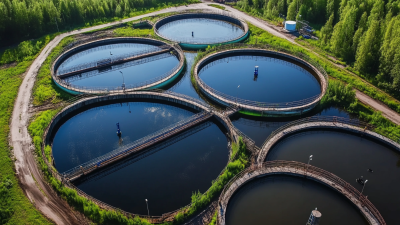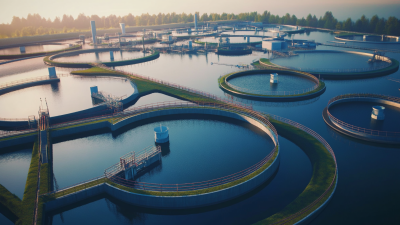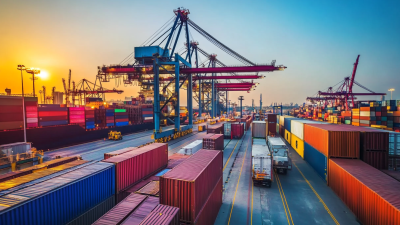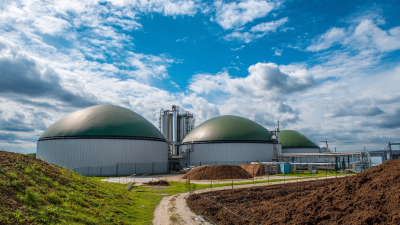In recent years, the importance of efficient Plastics Recycling has taken center stage as businesses recognize the environmental and economic implications of plastic waste management. According to a report by the Ellen MacArthur Foundation, only 14% of plastic packaging is collected for recycling, highlighting a significant gap in effective recycling processes. Furthermore, in a study published by the World Economic Forum, it is estimated that if global annual plastic production continues to grow at the current rate, by 2030, it will contribute over 1.3 billion tons of CO2 emissions. Therefore, innovative solutions that enhance recycling efficiency not only promise to mitigate environmental impact but also unlock economic benefits for businesses, such as reduced raw material costs and improved corporate sustainability profiles. As organizations strive to meet consumer demands for greener practices, exploring the benefits of advanced recycling technologies and strategies becomes imperative for maintaining a competitive edge in today’s market.
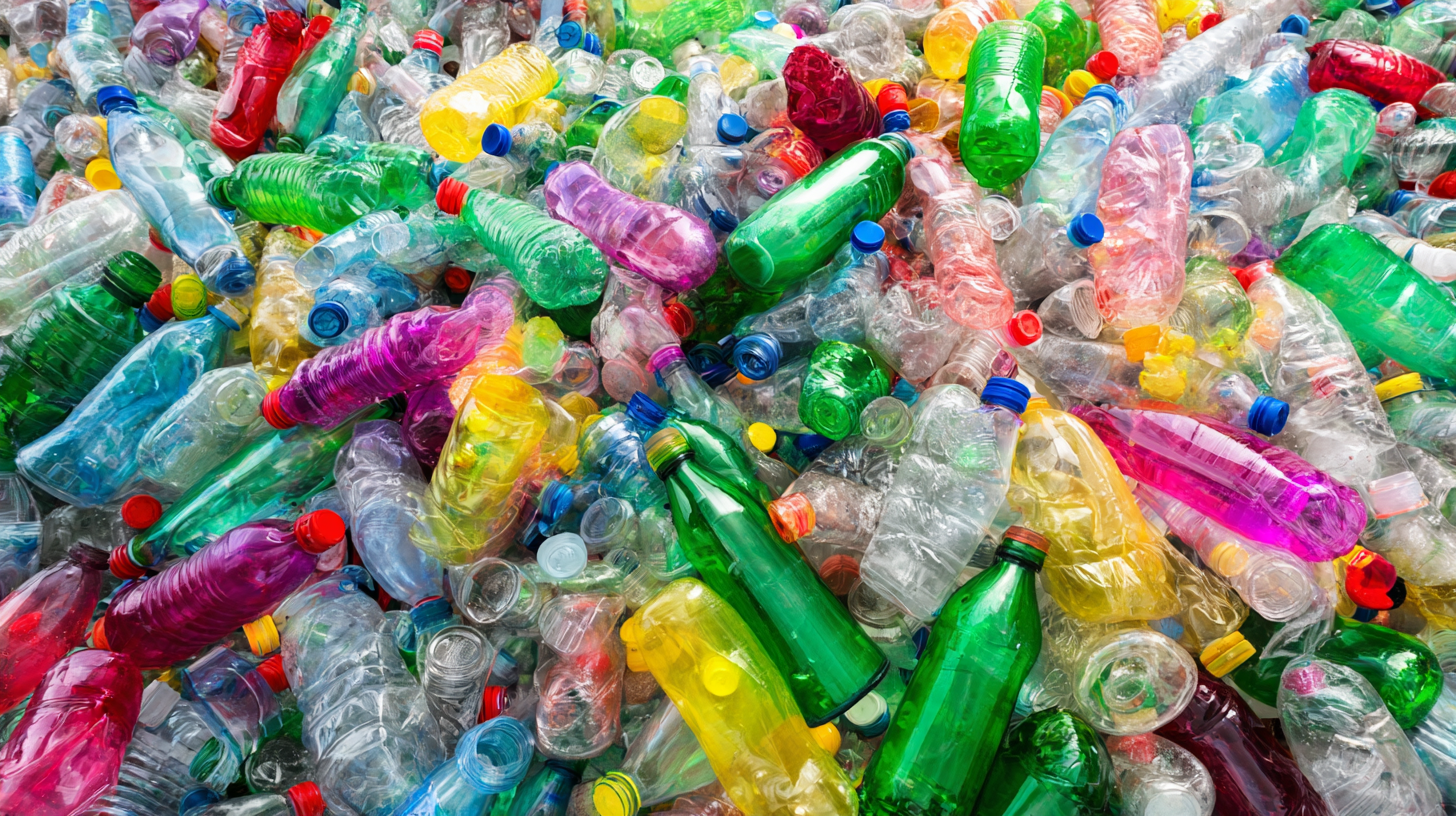
Innovative solutions in plastics recycling are essential for businesses looking to enhance their sustainability profiles while addressing the growing environmental challenges posed by plastic waste. By integrating new technologies and adopting effective strategies, companies can significantly improve their recycling processes and contribute to a more sustainable future.
In today's rapidly evolving landscape of waste management, businesses are increasingly turning to innovative technologies to enhance the efficiency of plastics recycling. Automated sorting systems have emerged as a game-changer in the industry, significantly improving the quality and speed of plastic waste processing. According to a report by the International Solid Waste Association, incorporating automated sorting can boost recycling rates by up to 30%, reducing contamination and improving the purity of recyclable materials.
These advanced systems utilize AI and machine learning algorithms to identify and sort various types of plastics with unparalleled accuracy. A study by the Ellen MacArthur Foundation indicates that automated sorting not only expedites the recycling process but also allows for the recovery of materials that would otherwise be discarded. For instance, machine vision technology can differentiate between polyethylenes and polypropylenes, ensuring that businesses maximize the value of their recycled outputs. By leveraging such technology, companies can not only contribute to sustainability but also realize significant cost savings and operational efficiencies.
Implementing closed-loop systems in plastic recycling not only maximizes material recovery but also transforms waste management into a profitable cycle within a business. By analyzing various recycling pathways, businesses can optimize their processes to reclaim plastic materials effectively. Recent studies highlight the benefits of closed-loop recycling for polyesters, particularly in leveraging advanced solvents that enhance recovery rates while minimizing waste. This innovative approach not only keeps resources within the production cycle but also aligns with sustainable practices, fostering an eco-friendly image for companies.
Moreover, companies embracing closed-loop methodologies have demonstrated significant progress in other materials, such as old tyres and electronic waste. Developing systems to recycle these materials into new products not only reduces environmental impact but also creates new market opportunities. By integrating processes that allow for the complete recovery and reuse of materials, businesses can contribute to a circular economy, ultimately leading to cost savings and resource efficiency. Adopting these sustainable practices is not merely an option but a necessity for businesses aiming to thrive in an increasingly eco-conscious market.
This chart represents the efficiency of different plastic types in a closed-loop recycling system. It highlights the material recovery rate based on types of plastics processed in a business environment.
In the quest for a more sustainable future, businesses are increasingly prioritizing plastic recycling within their operations. A crucial component of enhancing recycling efficiency lies in employee training programs. By empowering your team with the knowledge and skills needed to navigate the complexities of recycling, you can significantly improve your organization’s environmental impact.
Employee training programs can cover a range of topics including the importance of recycling, identifying recyclable materials, and best practices for waste separation. Interactive workshops and hands-on demonstrations can engage teams and promote a culture of sustainability. By investing in such programs, businesses not only elevate their recycling efforts but also foster a sense of ownership and responsibility among employees, thereby creating ambassadors for sustainable practices.
Additionally, regular training refreshers and updates on new recycling technologies can keep employees informed and motivated. Recognizing and rewarding team members who excel in recycling initiatives can further drive participation and enthusiasm. Ultimately, empowering your workforce with comprehensive training is a pivotal step towards achieving efficient plastic recycling, leading to a greener future for your business and the community.
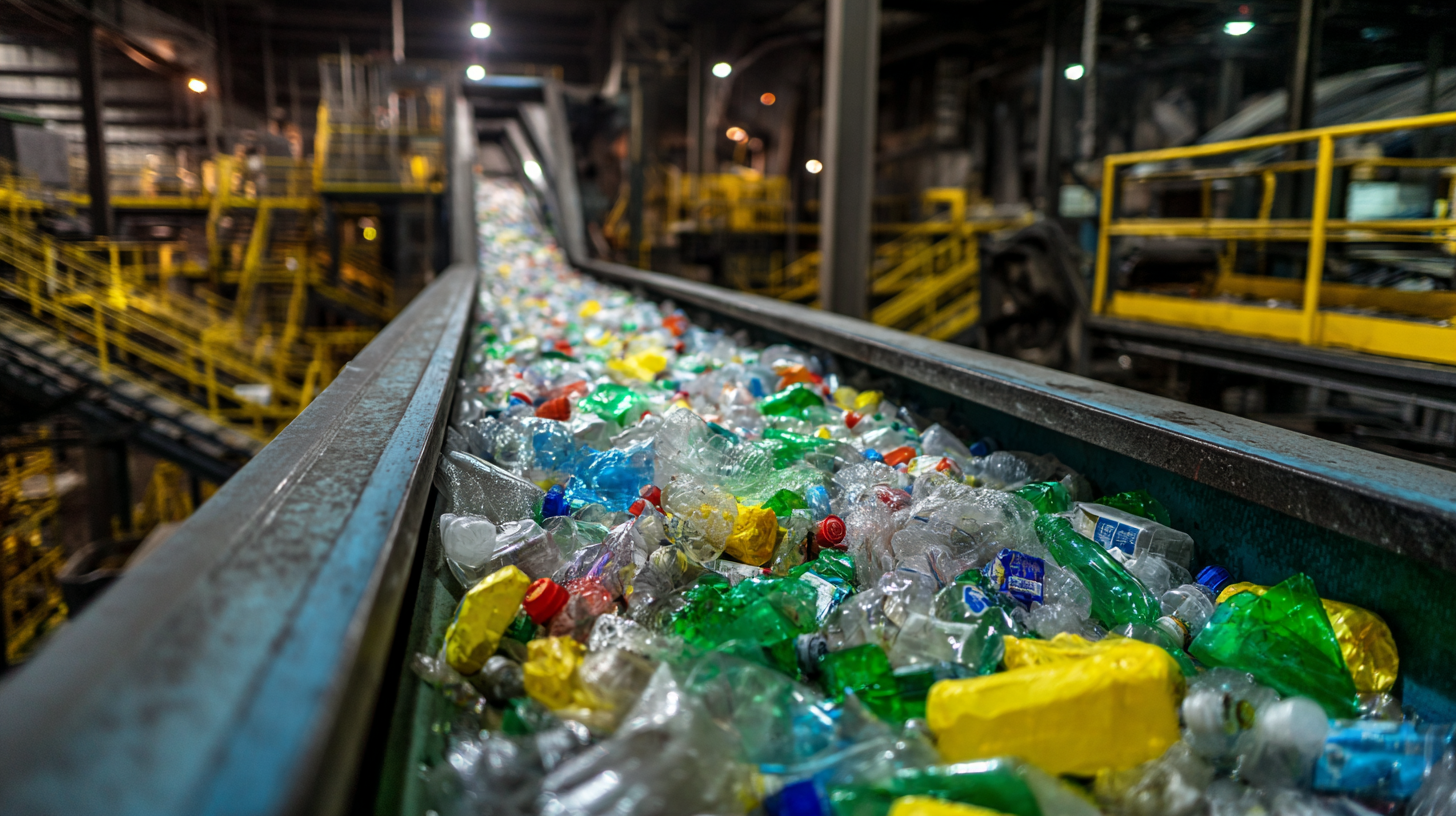
In today's rapidly evolving environmental landscape, forming collaborative partnerships is becoming an essential strategy for businesses looking to enhance their plastics recycling efforts. By joining forces with innovative recycling companies, organizations can leverage cutting-edge technologies and expertise that can significantly improve their recycling processes. These partnerships not only increase efficiency but also foster a culture of sustainability within the company and the community.
Working closely with recycling innovators allows businesses to access advanced sorting techniques, recycling methods, and even circular economy practices that can transform waste into valuable resources. For instance, leveraging data analytics and AI can optimize collection routes and improve sorting accuracy, leading to higher recycling rates. Additionally, these alliances can help businesses navigate the complex regulatory environment surrounding plastics disposal, providing guidance on compliance and best practices that further streamline operations. Embracing such collaborative approaches not only boosts recycling efficiency but also enhances brand reputation by demonstrating a commitment to environmental responsibility.
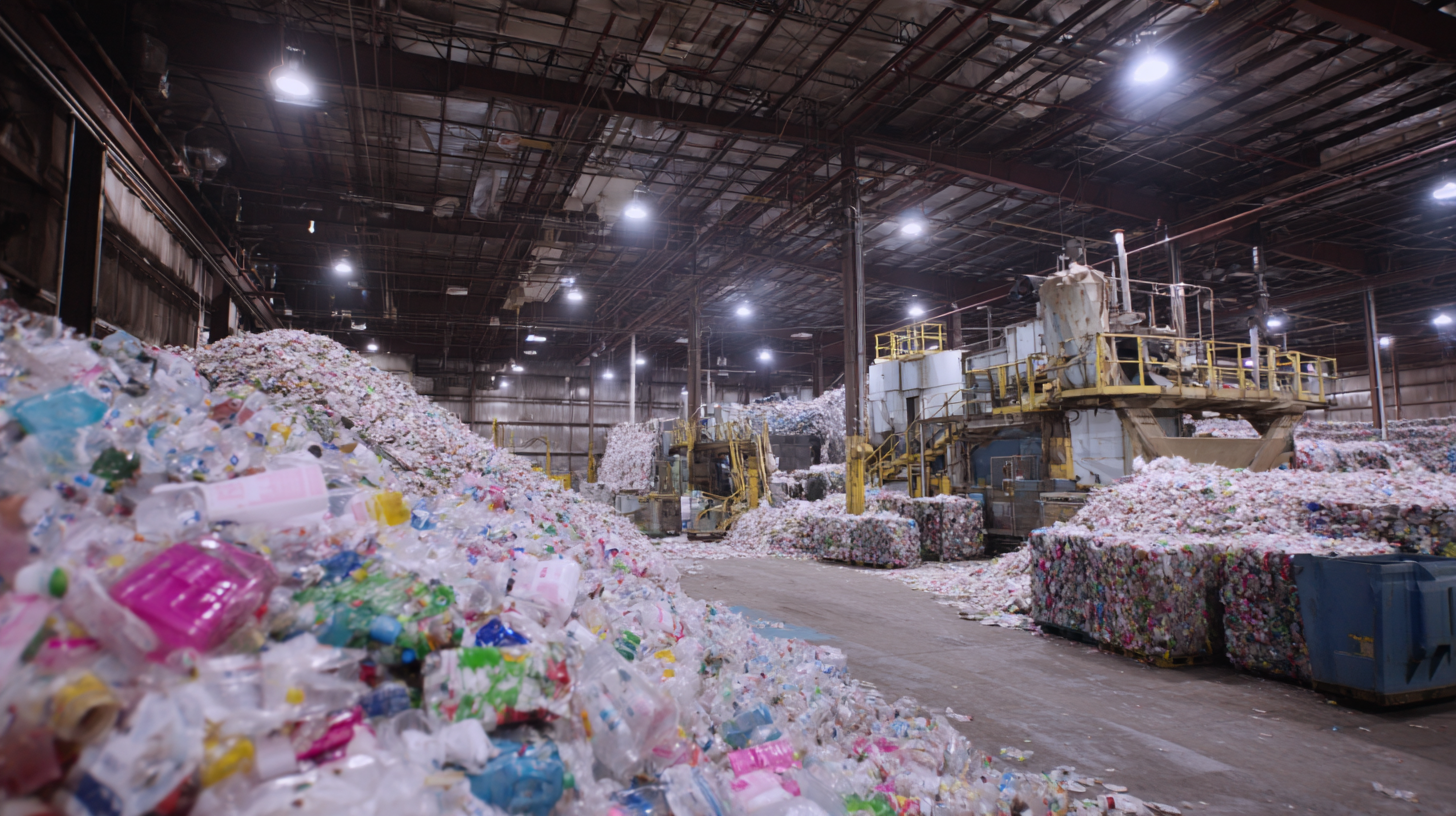 Consumer engagement plays a crucial role in promoting sustainable practices within the realm of plastics recycling. One effective strategy for encouraging responsible consumer behavior is the implementation of educational campaigns that highlight the importance of recycling and its positive impact on the environment. By distributing informative materials and utilizing social media platforms, businesses can increase awareness and provide clear instructions on how customers can participate in recycling efforts. This not only empowers consumers but also fosters a sense of community around sustainable practices.
Consumer engagement plays a crucial role in promoting sustainable practices within the realm of plastics recycling. One effective strategy for encouraging responsible consumer behavior is the implementation of educational campaigns that highlight the importance of recycling and its positive impact on the environment. By distributing informative materials and utilizing social media platforms, businesses can increase awareness and provide clear instructions on how customers can participate in recycling efforts. This not only empowers consumers but also fosters a sense of community around sustainable practices.
Furthermore, creating incentive programs can significantly enhance consumer participation in recycling initiatives. Businesses can offer discounts, loyalty points, or special rewards for customers who actively engage in recycling efforts, such as returning used plastics or utilizing recycling services. This not only motivates consumers to take sustainable actions but also reinforces the idea that their contributions are valuable. By integrating consumer engagement strategies into recycling efforts, businesses can cultivate a culture of sustainability that resonates with customers and drives meaningful change within the community.

